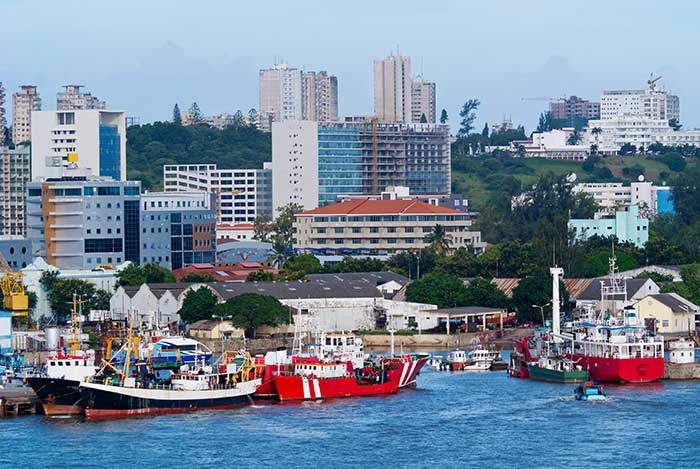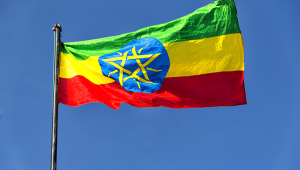web_maputo_shutterstock_135679997.jpg

A port in Maputo, the capital of Mozambique
The Global Group of Mozambique Bondholders (GGMB), formed on Tuesday, is reported to represent 60% of the holders of Mozambique’s 2023 tuna bonds – already restructured just six months ago, and before it emerged that the country had racked up over $2bn in undisclosed debts.
When the revelations about Mozambique’s hidden borrowing – which had also bypassed parliamentary approval in breach of national law – broke, tuna bonds plummeted and Mozambique was cut off from international aid, a key source of revenue.
In a statement to Reuters, the GGMB said it was created to maintain a dialogue and express bond holders’ views to the Mozambique government, its advisors, the International Monetary Fund, other creditors and the broader international financial community.
The group’s establishment was triggered by a surprise announcement from Mozambique in late October, when the government declared a state of debt distress and said it would need to restructure.
It published a 20-page presentation on its website to explain this, and added that it hoped to reach a restructuring deal with creditors before it enters talks with the IMF to secure the resumption of aid in January.
However, that time frame increasingly seems overly optimistic. Creditors said almost immediately that Mozambique’s proposals were untenable and that complex negotiations lay ahead.
The country’s finance minister, Adriano Maleiane, seems confident that he can secure a deal and placate creditors with the promise of a future gas boom in the country’s rich reserves – the thing that attracted investors in the first place.
But yesterday the GGMB reaffirmed that the group and its members “are firmly of the view that given the current circumstances in which there is ambiguous information and incomplete disclosure, it is premature for negotiations to begin at this time”.
Commercial creditors and bilateral official creditors should be the first to take any losses, it added.
Mozambique has agreed to an independent audit of its debt at the behest of the IMF, which Maleiane has noted will bring transparency. But this is unlikely to instil the desired confidence if more undisclosed debt is discovered.
With energy prices so low the country’s gas reserves also look set to start flowing later than planned, putting further strain on the negotiations.













